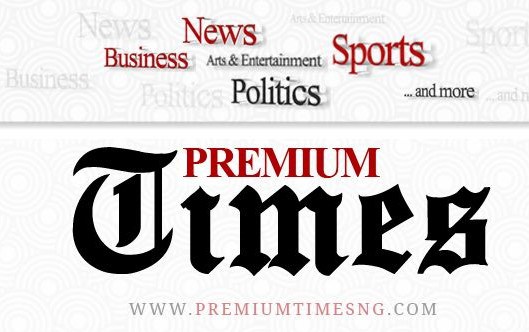Director, International Press Centre, Lanre Arogundade writes on the issues arising from the denial of the story credited to a leader of the Miyetti Allah Cattle Breeders Association and the apology by Premium Times
One of the fall outs of the recent plateau killings is the statement credited to a Miyetti Allah official which has since been denied.
The denial weighs strong in view of the apparent lack of documented evidence that the quoted words were spoken.
This is where the reporters who misled their newsrooms missed it. They apparently resorted to the ‘beat’ mentality of reporting a story they did not independently verify.
In the circumstance Premium Times have commendably been professional in investigating, owning up to its mistake, tendering unconditional apology and sanctioning the reporter concerned.
The matter should go beyond this. First, other newspapers that similarly published the story should take appropriate steps just in case they have not done so.
Second, reporters should know that they need to apply conflict sensitive journalism principles and exercise discipline of verification while reporting violent conflicts especially.
So even if the Miyetti Allah person had truly made the statement such application would require that a reporter speaks to other Miyetti Allah leaders to know if such position actually represents that of the organisation.
At the end of the day the emerging headline could be ‘mixed reactions from Miyetti Allah over plateau killings’ if it happens that divergent views were expressed.
In any case reporters have to exercise discretion in rushing to the press with stories that could further inflame passions when violent crisis break out.
This does not mean that the duty to inform should be compromised. That is why no one has blamed any news medium for reporting that the concerned victims blame the attack on armed herdsmen.
The third issue is that newsrooms have to return to the tradition of rewrite desks manned by senior reporters or editors whose duty include questioning reporters whenever there are grey areas in stories.
In line with contemporary thinking, such may be called fact-checking desks.

